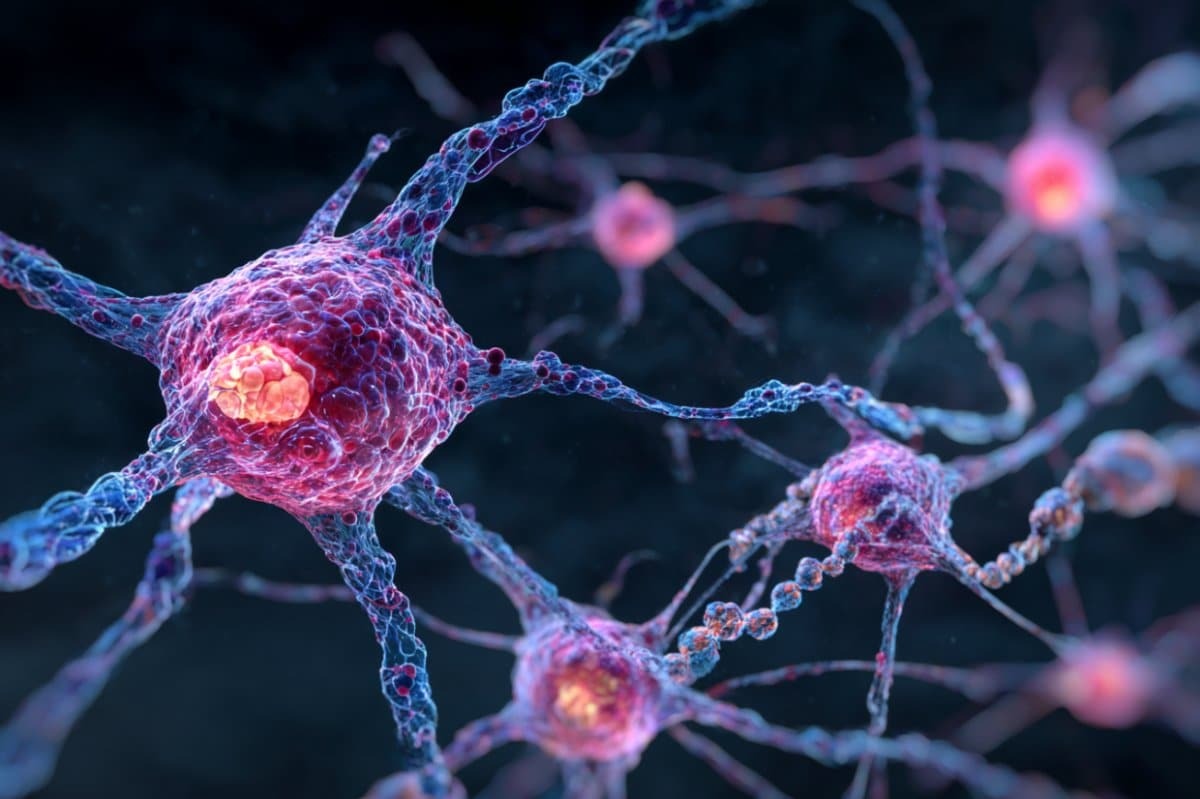In a groundbreaking discovery that could reshape how we treat brain disorders, scientists at Rutgers University have identified a powerful protein called cypin as a “master key” to unlocking stronger memory and learning. This tiny molecule plays a big role in stabilizing the connections between brain cells—offering new hope for conditions like Alzheimer’s, Parkinson’s, and traumatic brain injuries.
The Science Behind the Discovery
Led by Professor Bonnie Firestein from Rutgers University–New Brunswick, the research team uncovered how cypin enhances synaptic function—the process by which neurons communicate. Their findings, published in Science Advances, reveal that cypin tags specific proteins at synapses, ensuring they’re properly positioned to transmit signals efficiently.
Key highlights:
- Cypin helps tag and direct proteins at synapses, improving neuron communication
- It interacts with the proteasome, slowing protein degradation and allowing beneficial proteins to accumulate
- Boosts activity of another protein, UBE4A, which also aids in tagging and synaptic stability
This molecular choreography is essential for learning and memory, and the discovery opens new doors for therapeutic strategies targeting brain health.
Why Synapses Matter
Synapses are the tiny junctions where neurons exchange information. Think of them as the brain’s Wi-Fi routers—if they’re unstable or misaligned, signals drop, and cognitive function suffers. Cypin’s ability to stabilize these junctions means it could be a game-changer in treating neurodegenerative diseases.
Key takeaways:
- Proper synaptic function is critical for memory formation and learning
- Cypin ensures proteins are correctly placed, enhancing signal transmission
- Its role in slowing protein breakdown supports long-term neural health
This insight is especially valuable for conditions where synaptic degradation is a hallmark, such as Alzheimer’s and Parkinson’s.
From Lab to Life: Therapeutic Potential
While the current research is classified as “basic science,” its implications are far-reaching. Firestein and her team are already working on translational applications—bridging the gap between lab discoveries and clinical treatments.
Potential applications include:
- Developing drugs that mimic or boost cypin’s activity
- Targeting cypin pathways to slow cognitive decline in aging populations
- Enhancing recovery from brain injuries by stabilizing synaptic connections
This could revolutionize how we approach memory loss, cognitive impairment, and even learning disabilities.
A Protein with a Past—and a Future
Cypin isn’t new to science. Firestein has studied it for over two decades, but this latest research reveals previously unknown functions that elevate its importance. By increasing the levels of key synaptic proteins and interacting with cellular machinery like the proteasome, cypin proves itself as a multitasking marvel in brain biology.
Key insights:
- Cypin’s influence extends beyond tagging—it regulates protein breakdown and accumulation
- Its dual role enhances both the quantity and quality of synaptic proteins
- May serve as a biomarker or therapeutic target in future neuroscience research
This positions cypin as a central figure in the quest to understand—and improve—human cognition.
Final Thoughts: Unlocking the Brain’s Full Potential
The discovery of cypin’s “master key” role is more than a scientific milestone—it’s a beacon of hope for millions affected by brain disorders. As researchers continue to decode its functions, the possibility of enhancing memory, learning, and recovery becomes increasingly tangible.
In a world where cognitive decline is often seen as inevitable, cypin offers a compelling counter-narrative: that with the right molecular tools, the brain’s potential is far from fixed—and its future, far from forgotten.
Sources: SciTechDaily, Rutgers University, Science Advances
